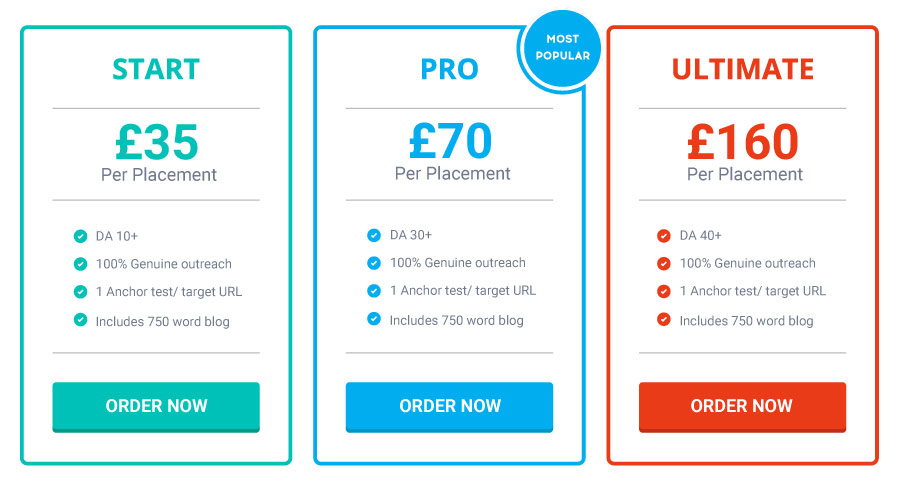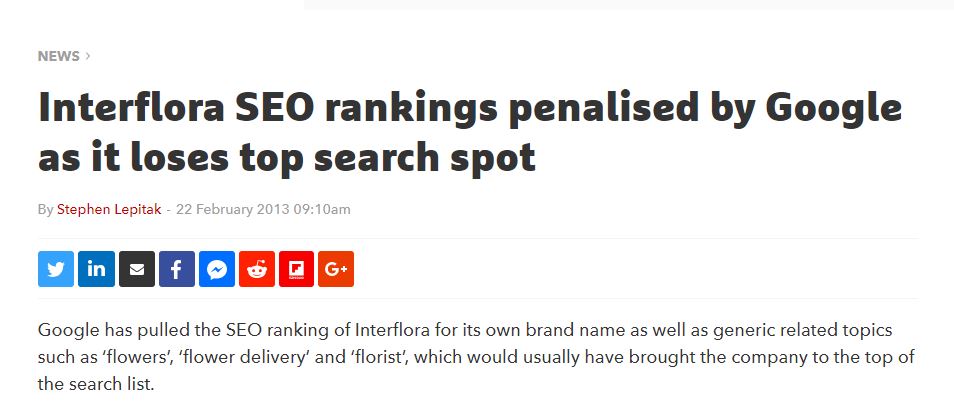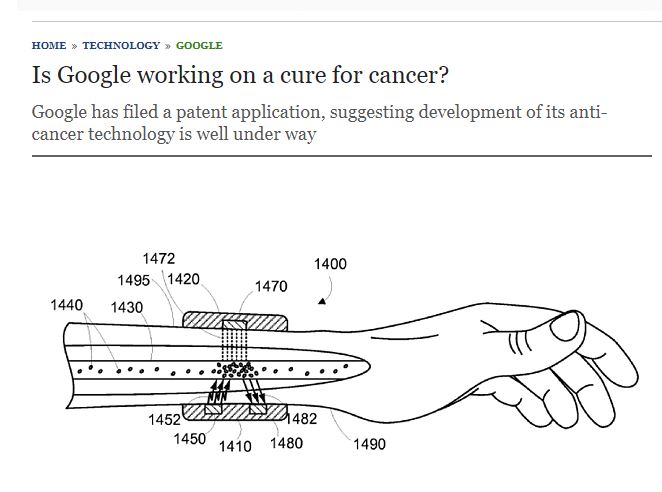
![]() Insights
Insights
Head of Digital - Earned and Owned
SEO
SEO practitioners are known for being highly innovative, agile and tenacious. By keeping up with Google, we find ways to get results for our clients in organic search while still adding value to other digital channels, the brands we work with and the customers they serve.
So far-reaching are the skills of a good SEO department that they can arguably compete with top PR specialists, the most creative content creators, graphic designers, UX specialists, data scientists and digital strategists, all because that’s what we’ve had to do in order to win for our clients.
I’d argue that actually, a good all-round SEO person could comfortably move into any role within digital without too much training and adjustment needed. That’s what makes me proud to call myself an SEO and work in this industry with the people I do. The talent I see in the SEO department at this agency astounds me every day.
As an industry, we’ve come from what was a few bright techy people in their bedrooms working out how they could drive more traffic to their little websites, to SEO being a major part of most serious businesses. A good SEO strategy is now (rightly so) positioned as central to an overall digital marketing strategy as it positively impacts so many different areas when executed correctly.
In the not too distant past, SEO was seen as a spammy dark art but even when I first started practising SEO nearly 10 years ago, I never saw it like that, it’s a science. Yes, it’s very creative but ultimately there needs to be a lot of science and reasoning behind that creativity. Working with some fantastic brands and clients at Search Laboratory over the past seven years, I’ve seen the perception of SEO and the people who deliver it change massively, and for the better.
People who are buying SEO services now understand it more and they know the far-reaching value it adds outside of just ‘get me to number one for [insert high volume, unrealistic vanity keyword here]’. We’ve got it to the point where we’re not only a recognized and massively important digital marketing channel, but one that’s become critical to the success of the marketing function of many businesses. What a journey!
If you’re interested in how things were in the past, then have a look at this timeline:
I am getting worried though. I fear that a massive backwards step is happening and one that’s going to undermine the work of all those in the industry who have contributed to what it is today. There’s a huge elephant in the room and one which I want to make a case against – buying links. This is not me simply taking the moral high ground, this is me appealing to all those people and agencies (it’s more widespread than you might think) who are engaging in this activity to think about the detrimental impact you could have on the SEO industry.
It doesn’t take too much searching to find the likes of the below on the internet. We would be very surprised if a good quality link could be earned naturally at such a low cost.

Link acquisition is hard, and so it should be. We regularly gain links from top national publications in a number of countries across the world and in some cases, can end up with hundreds of links from some great websites for a single campaign.
Of course, this is not always the case and some campaigns can be a real slog. There are so many variables and things we can’t control and as a result, we sometimes have to work extremely hard to get just a few links but that’s the harsh reality of a PR-led link acquisition strategy. When it does go well, the payoff can be huge and everlasting.
Where we’re at now as an agency has been refined over the years and it’s been necessary to rip it up and start again on a number of occasions. That’s what agile companies are good at – spotting trends fast and being bold enough to react early.
In our Content and Online PR team who run our link acquisition campaigns, we employ the best talent we can find from the world of PR and creative content. We invest a lot of time and resource in training to ensure that we’re always able to run the best campaigns possible for our clients. We, along with other top agencies have done so much work over the years to educate and work with in-house PR, content and social media teams to make the SEO function a well-oiled machine.
We don’t buy links at all, period. Even on those campaigns that do turn out to be difficult, we’re never tempted to top up the link numbers with a few purchased ones despite how much easier that would be.
As soon as you go down that road, there is no longer a need for talent, training and creativity. Mediocre content and $260 will generally suffice and anybody can do that, it’s unskilled work. This, in turn, means that clients suffer the eventual penalties and their customers suffer because the content they read is of little or no quality, and that means the web as a whole suffers, becoming littered with thin content once again.

Should this resurge, Google will put more effort into detecting it and then other areas of SEO suffer. Spam algorithms will become as harsh as they once were and manual link penalties will become widespread once again.
As a result of this, the SEO industry as a whole is devalued. The activity moves away from the center of a digital marketing strategy back to the edges where it was five years ago, which makes buyers sceptical. The skills of an SEO get less and less honed and people working in the industry become less attractive to employers.
A good analogy is building houses close to a volcano. After it erupts, for a number of decades people remember not to build near the danger zone. Over time though, they forget, and they edge closer and closer towards it until another disaster occurs and the volcano once again erupts.
Buying links has always been against Google’s guidelines, but it’s not illegal, which is why people are happy to take the risk. In any industry that wants to survive though, there has to be an element of self-policing.
We have had a handful of prospects approach us recently requesting guaranteed link numbers, with them openly talking about link buying. We have had to turn this business away as we have been unable to convince them that this approach is unsustainable and will be damaging in the future. In recent months, we’ve been seeing more and more of this and the sad thing is that we might turn it away, but there are other agencies lining up to take on the work and buy those links, regardless of the consequences described above.
“But it works” is generally the counter-argument.
But who does it really work for? Sure, it may please your finance department, but do they understand the consequences to the business and the SEO industry as a whole?
For agencies, it can be highly profitable to participate in link buying – if you sell your people’s time for £700 a day, buy a link for £200 and pocket the £500, you’ve seemingly got yourself a fantastic business model. But if this ticking time bomb of a trend continues, the industry we’ve all worked so hard to create could come crashing down.
Google has the world’s biggest link graph and the most sophisticated AI and innovative brains on the planet – which has been linked to cures for cancer, driverless cars and beating world chess champions. We would be naïve to think that it won’t catch up and crush unnatural linking.

Even if Google is still working towards getting to that point, openly buying links could also eventually lead to issues for you/your agency in a different way. It was only a few weeks ago that two well-known SEO writers and practitioners were caught up in a link buying scandal. Imagine the potential damage to their reputations.
Paying freelance journalists who write for some big publications to include links in their articles is something that has been going on for years, it’s just flown under the radar. It’s an easy way to get high-quality links without having to put the effort into being creative and coming up with a great campaign to earn them naturally.
If you had asked me after Panda and Penguin first hit whether five years later we would still be buying links, I would have said no – definitely not. But the sad news is that there are agencies out there that solely specialize in purchasing links, in many cases on behalf of other agencies. That means if you’re a client, you could be paying an agency to pay another agency to pay a blogger for a mediocre link on an average website using thin content for minimal results. If you’re happy with mediocre, carry on. If you want to add value to your customers, your business, the SEO industry and the web as a whole please, make sure you, and your agency, is doing it properly.
Want to get more articles like this delivered to your inbox? Sign up now

![]() Insights
Insights

![]() Insights
Insights

![]() Insights
Insights